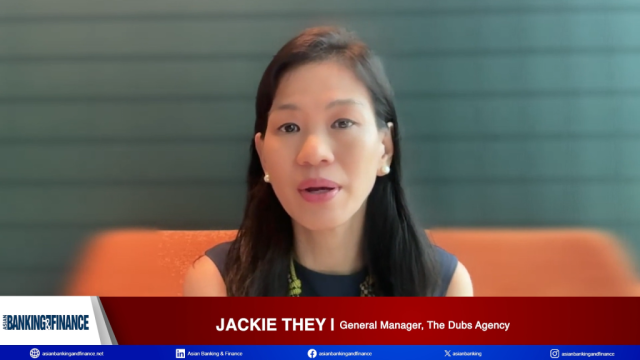
Pressures hound forecast on Thai loan growth acceleration in 2H14
Due to accumulation of private-sector debt.
Thai banks' loan growth is likely to accelerate in the second half of 2014, after domestic-listed lenders posted an increase of just 1.5% year-to-date in 1H14.
According to a release from Fitch Ratings, this will be reflective of an improving macroeconomic environment.
However, it cautions that asset-quality pressures on the banking system are likely to remain - given Thailand's rapid accumulation of private-sector debt since 2011, combined with the weak economy through 2H13-1H14.
Aggregated second-quarter performance data for Thailand's 11 listed domestic banks reflect a continuation of the weak macroeconomic and business environment.
Here’s more from Fitch Ratings:
Profitability and loan growth improved from the first quarter, but loan growth in particular continued to be slow relative to its historical average.
A positive note is that impaired loans and the total regulatory capital ratio have both remained roughly flat over the last few quarters, at 3.0% and 15.5% respectively.
Fitch has maintained that Thailand's economy is reasonably well-positioned to rebound from short, negative shocks, and the country is likely to be able to avoid a protracted recession and recover steadily - assuming a continuation of the relative stabilisation of the political environment since June.
The credit environment has turned more cautiously optimistic for banks, and we expect they will target increased lending through to end-2014.
Fitch expects credit growth of above 5% for the full year, as economic growth gradually picks up from the slowdown in investment and weak consumer confidence.
Regulatory capital ratios are likely to remain stable alongside the improving credit environment.
There should be a continued trend for Thai banks to issue Basel III Tier 2 notes over the next 18 months, but this will principally be to replace legacy instruments that are being redeemed or amortised - and not an indication of capital strain.
Yet the rapid accumulation of private-sector debt since 2010 remains a concern for the banking sector despite the generally stable short-term outlook.
As of March 2014, bank credit to the private sector represented nearly 155% of GDP.
As a result, Thailand now has among the highest ratio of private sector debt to GDP in emerging markets.
This, in turn, suggests that asset-quality pressures remain a risk in light of the combination of a very rapid accumulation of debt with the marked slowdown in economic activity.
Furthermore, the aggregate Thai banks' loans/deposits ratio continued to rise in 2Q14, and could be a factor to monitor.
This indicates that there may be heightened deposit competition ahead, especially for those banks looking to expand lending - which could in turn have an impact on net interest margins.























 Advertise
Advertise







